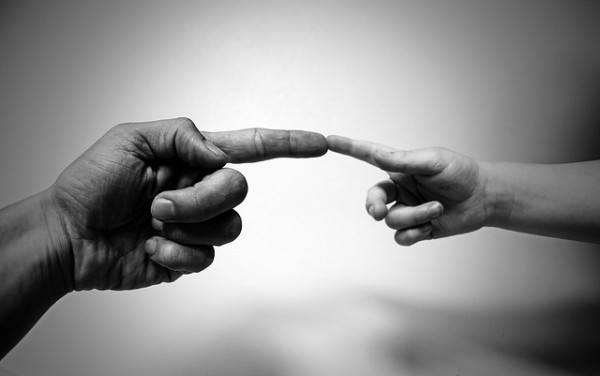Kindest Humans Revealed in Psychological Study

The brave, the fairer and the tragic are the kindest of them all. New research reveals that older women, brave individuals and those who have suffered a recent major loss are more likely to compassionate toward strangers compared to other seniors.
Researchers said that the latest study provides insights into ways to boost the health outcomes of people who aren't as compassionate. Previous studies reveal that kind behavior promotes health and well being during aging, and lack of compassion increases people's risk of becoming lonely and isolated in later life.
"We are interested in anything that can help older people age more successfully," co-researcher Lisa Eyler, PhD, a professor of psychiatry at the University of California, San Diego School of Medicine, said in a news release. "We know that social connections are important to health and well-being, and we know that people who want to be kind to others garner greater social support. If we can foster compassion in people, we can improve their health and well-being, and maybe even longevity."
The latest study involved 1,006 adults in San Diego County with an average age of 77 and who were over the age of 50. The latest findings revealed that gender, recent suffering and high mental resiliency were all predictive of a person's self-reported compassion.
Even after accounting for age, income, education, race, marital status or mental health status, women on average scored higher than men on compassion tests. Researchers found that higher levels of compassion were also seen in people who had "walked a mile in another person's shoes" and experienced a personal loss, like death in the family or illness, in the last year.
People who reported higher confidence in their ability to recover from hard times also reported more empathy toward strangers and happiness from helping others.
"What is exciting is that we are identifying aspects of successful aging that we can foster in both men and women," co-author Dr. Dilip Jeste, Distinguished Professor of Psychiatry and Neurosciences, and director of the Sam and Rose Stein Institute for Research on Aging, said in a statement. "Mental resiliency can be developed through meditation, mindfulness and stress reduction practices. We can also teach people that the silver lining to adversity is an opportunity for personal growth."
The findings were published in the International Journal of Geriatric Psychiatry.
Apr 18, 2014 04:36 PM EDT





